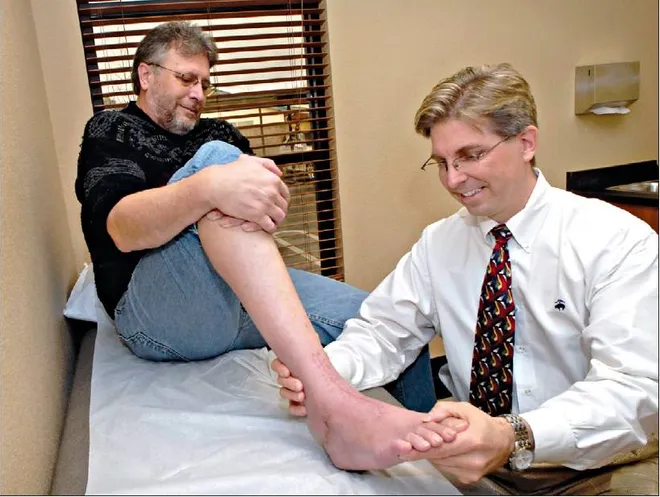Orthopedic consultations play a crucial role in diagnosing and treating musculoskeletal conditions, yet they are often clouded by misconceptions and fears. In this article, we’ll delve into common misunderstandings surrounding orthopedic consultations and address the fears that may prevent individuals from seeking the care they need.
Understanding Orthopedic Consultations
Orthopedic consultations are appointments with specialists who assess and diagnose conditions affecting the musculoskeletal system, including bones, joints, muscles, ligaments, and tendons. These consultations are essential for developing personalized treatment plans to alleviate pain, improve mobility, and enhance overall quality of life.
Common Misconceptions about Orthopedic Consultations
- Orthopedic consultations are only necessary for serious injuries. Contrary to this belief, orthopedic consultations are beneficial for a wide range of issues, from chronic conditions like arthritis to acute injuries such as sprains or fractures. Early intervention can prevent minor issues from progressing into more severe problems.
- Orthopedic consultations are always followed by surgery. While surgery may be recommended in some cases, it is not the only treatment option available. Orthopedic specialists explore conservative treatments first, such as physical therapy, medication, injections, or lifestyle modifications, before considering surgical intervention.
- Orthopedic consultations are painful and uncomfortable. Orthopedic consultations involve a thorough examination of your musculoskeletal health, which may include discussing symptoms, reviewing medical history, and performing physical assessments or imaging studies. While some discomfort may be experienced during certain assessments, the goal is to accurately diagnose and manage your condition with minimal discomfort.
Addressing Fears Associated with Orthopedic Consultations
- Fear of diagnosis: Facing a diagnosis can be daunting, but early detection allows for prompt intervention and better treatment outcomes. Remember, knowing what you’re dealing with empowers you to make informed decisions about your health.
- Fear of treatment options: Orthopedic specialists offer a range of treatment options tailored to your specific needs and preferences. From non-invasive therapies to surgical procedures, there are numerous avenues for managing orthopedic conditions effectively.
- Fear of the unknown: Understanding what to expect during an orthopedic consultation can help alleviate anxiety. Typically, the process involves discussing your medical history, undergoing physical examinations or imaging tests, and collaborating with your specialist to develop a personalized treatment plan.
Benefits of Seeking Orthopedic Consultations
- Seeking orthopedic consultations early can lead to improved quality of life by addressing symptoms and preventing further deterioration of musculoskeletal conditions.
- Orthopedic specialists develop personalized treatment plans tailored to your unique needs, ensuring you receive the most appropriate care for your condition.
- By addressing misconceptions and fears surrounding orthopedic consultations, individuals can take proactive steps towards better musculoskeletal health and overall well-being.
Takeaway
It’s time to debunk the myths and overcome the fears associated with orthopedic consultations. Don’t let misunderstandings or apprehensions stand in the way of seeking the care you need. Whether you’re experiencing discomfort, recovering from an injury, or simply want to optimize your musculoskeletal health, scheduling an orthopedic consultation is the first step towards a healthier, more active life. Take control of your orthopedic health today.




